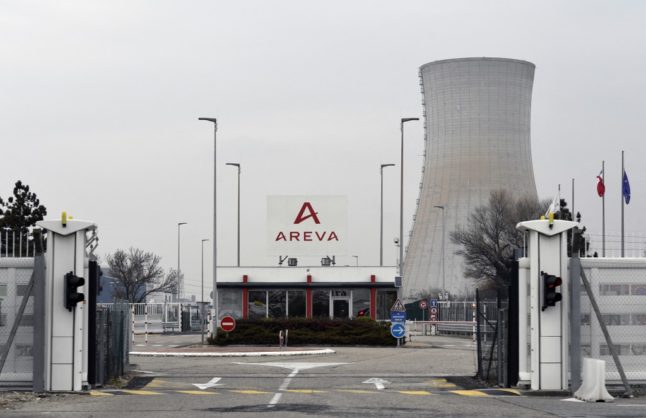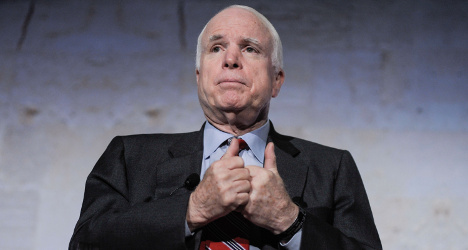The move follows a legal complaint filed by a whistleblower, an engineer at the Tricastin power station in the southeast of the country.
In his complaint to police in October 2021 targeting nuclear plant operator EDF, the engineer, whose identity was not given, said he had repeatedly alerted his employer to the incidents and had also written to the environment minister.
Events that the nuclear operator failed to declare to the national safety agency ASN, or played down, include an unexplained power surge at one of the station reactors in 2017 and flooding inside the station the following year, according to the engineer.
An investigating magistrate in the southern port city of Marseille is now probing the power station for fraud and “endangering the lives of others”, the legal source said.
Other suspected violations include damage to the environment by leakage of toxic substances, obstructing checks by nuclear inspectors and workplace harassment of the engineer, who says he was sidelined after sounding the alarm.
France, which derives around 70 percent of its electricity from nuclear power, has been exploring a possible extension of the lifetime of its ageing stations, several of which are coming up against their 40-year limit, including Tricastin.
In February, President Emmanuel Macron called for a “rebirth” of France’s nuclear industry, with 14 new plants, as part of efforts to move away from fossil fuels.
The launch of the Tricastin probe was evidence of the accusations’ “extreme gravity”, the whistleblower’s high-profile lawyers Vincent Brengarth and William Bourdon said in a statement to AFP.
Contacted by AFP, EDF declined to comment.
READER QUESTION: Did France really try to cover up the 1986 Chernobyl disaster?



 Please whitelist us to continue reading.
Please whitelist us to continue reading.
Member comments